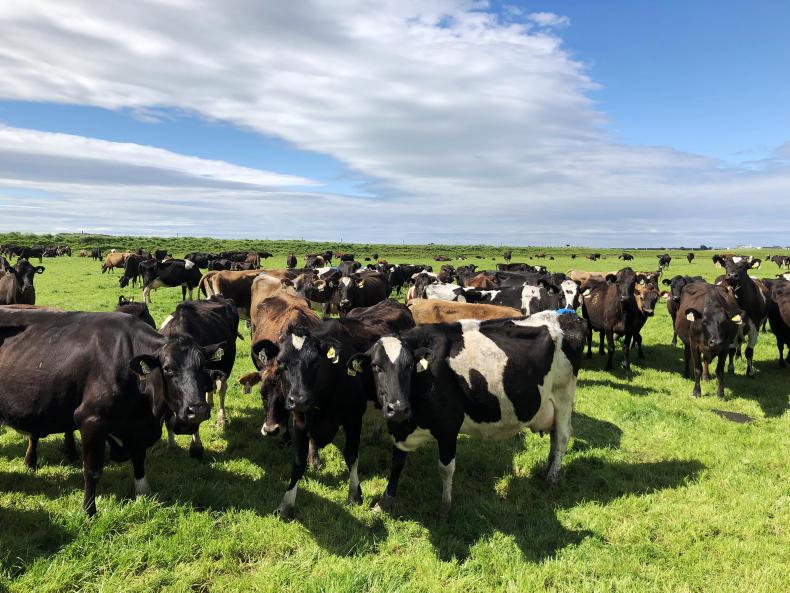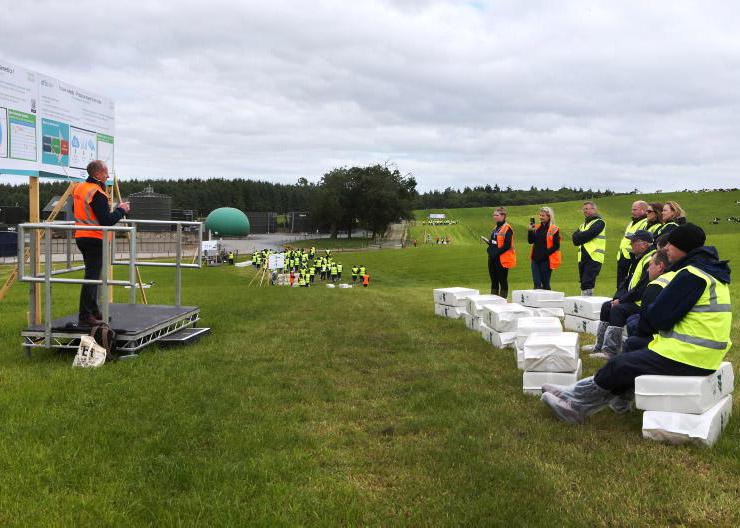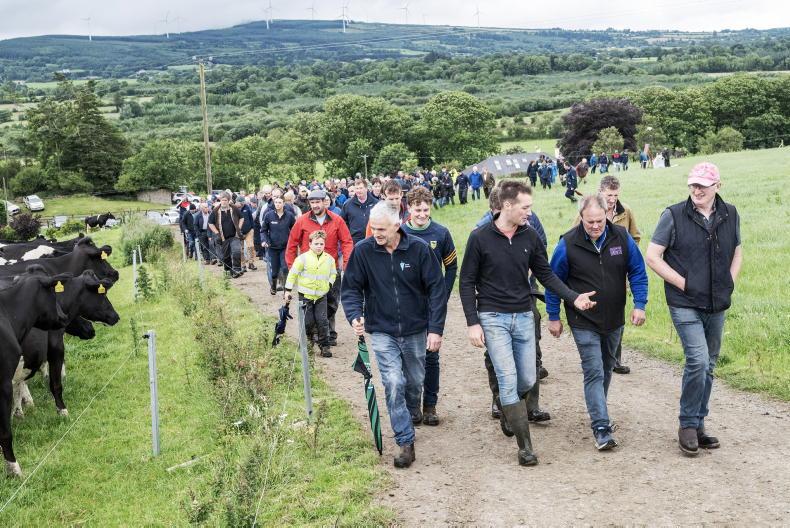The much-awaited zero carbon bill introduced this Wednesday by New Zealand's government proposes to treat methane emissions from ruminant livestock with more flexibility than other greenhouse gases.
“Agriculture is incredibly important to New Zealand, but it also needs to be part of the solution. That is why we have listened to the science and also heard the industry and created a specific target for biogenic methane," prime minister Jacinda Arderne said in a statement.
The bill sets targets for the next 30 years for New Zealand to comply with the 2015 Paris Agreement aiming to limit global warming to 1.5°C.
Carbon dioxide is the most important thing we need to tackle
“Carbon dioxide is the most important thing we need to tackle – that’s why we’ve taken a net-zero carbon approach," prime minister Ardern said. This means any emissions of CO2 must be compensated by equivalent removals through activities such as forestry by 2050.
By contrast, the target for methane from livestock is to reduce emissions by 10% below 2017 levels by 2030. A further targeted reduction between 24% and 47% below 2017 levels is to be confirmed later for 2050.
"The different requirements for CO2 and methane are due to their different lifetimes in the atmosphere, potency as greenhouse gases and consequently their warming effects," the government's bill documents read, referring to research published by the Intergovernmental Panel on Climate Change (IPCC).










SHARING OPTIONS